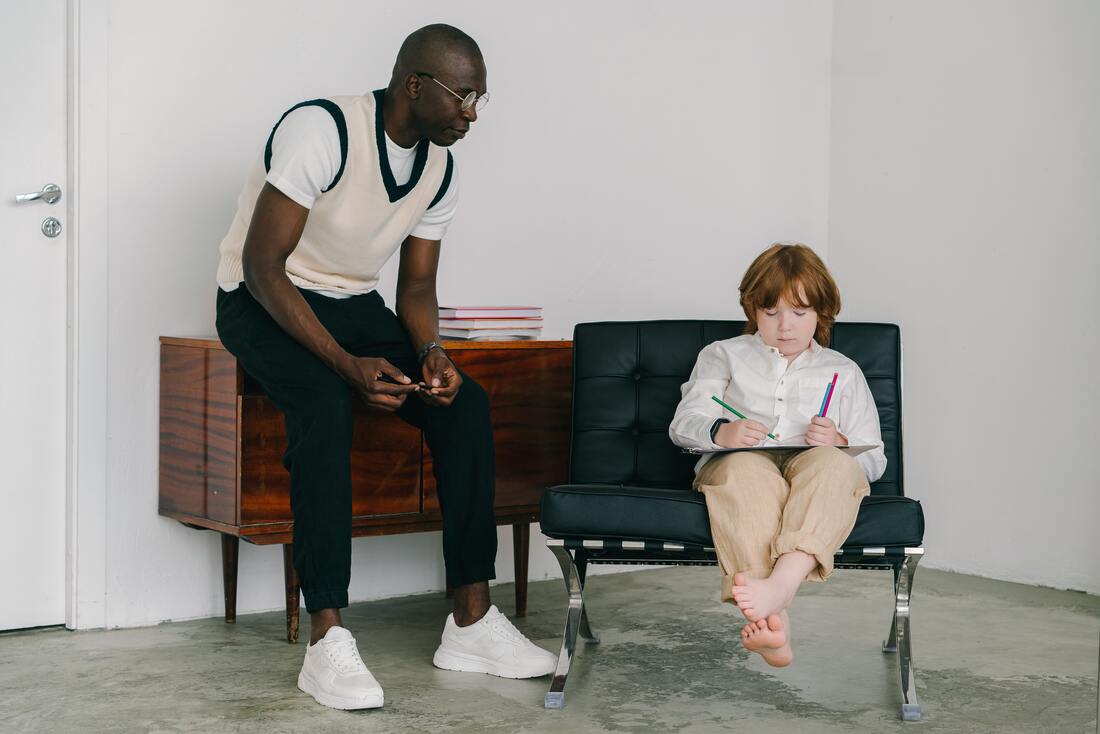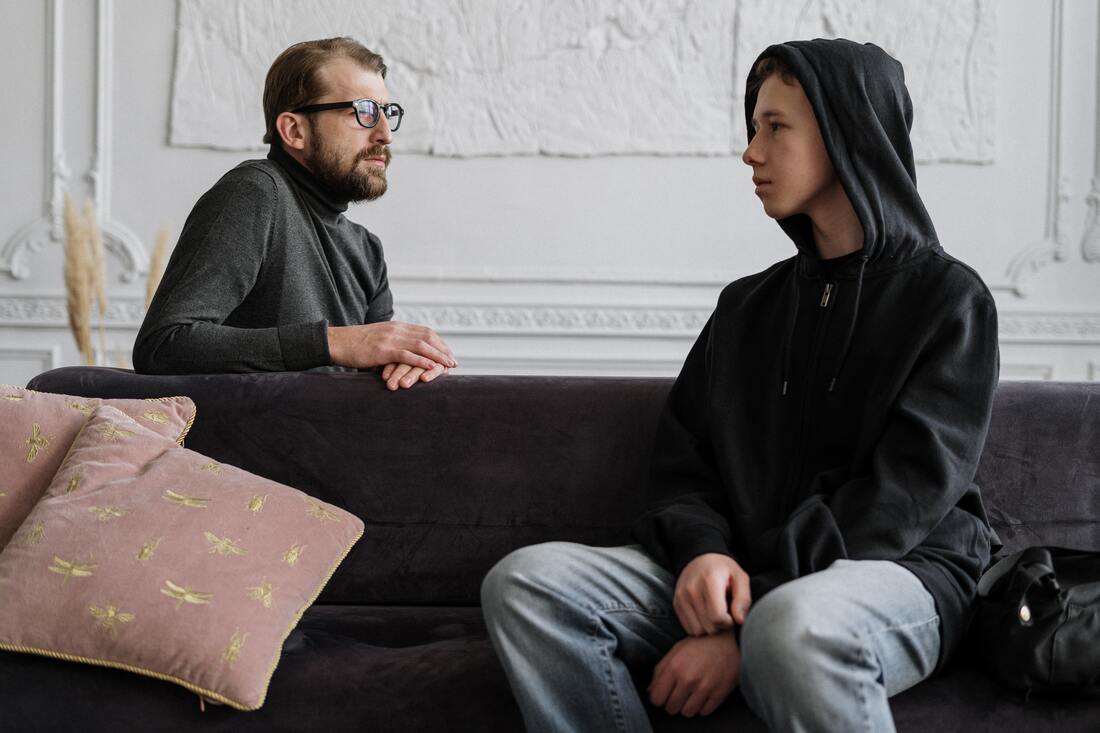|
Are you concerned about your child or teenager and aren’t sure if a psychologist is right for them?
Psychologists can help people in many different ways and support looks different for each individual. A psychologist can provide a range of support and guidance for young people who are experiencing emotional, behavioural, or mental health issues. When you take your child to see a psychologist, they will work with you to create specific treatment goals tailored to your child’s individual needs and challenges. Here are some ways that a psychologist can help your child: Assessing and diagnosing mental health conditions: A psychologist can conduct assessments to diagnose mental health conditions, such as anxiety, depression, ADHD, or eating disorders, which can help guide treatment and support for your child. Developing coping skills: A psychologist can work with your child to develop healthy coping skills for managing difficult emotions, such as anxiety or anger, which can help them feel more confident and resilient in the face of challenges. Providing therapy: A psychologist can provide therapy for your child to help them work through specific issues or challenges, such as difficulty with social relationships or school-related stress. Teaching problem-solving and decision-making skills: A psychologist can teach your child effective problem-solving and decision-making skills, which can help them navigate difficult situations and make healthy choices. Providing parenting support and guidance: A psychologist can work with you as a parent to provide support and guidance for helping your child develop healthy habits and coping strategies. Remember, it's important to approach the topic of seeking help with warmth, empathy, and understanding. By doing so, you can help your child feel more comfortable and supported as they navigate their emotional well-being. Overall, a psychologist can provide unique support and guidance for your child based on their individual needs, and can work collaboratively with you and your child to help them develop the skills and resources they need to thrive. Starting therapy can be scary, especially if you and your child have never done it before. What is going to happen? What am I going to be doing? What am I going to be talking about? Will I like my therapist? Will my psychologist like me? For children, many new experiences can cause emotional responses due to the fear of the unknown. However, there are some things you can do to help prepare your child for their first therapy session to help reduce their worries. Let your child know they are going to see a therapist: a few days before the appointment, sit down with your child during a calm moment and let them know they (and you!) will be going to see a therapist together. Explain the purpose of therapy using simple language, letting them know that therapy is a way for them to talk about their feelings and problems with someone who can help them. Normalize therapy: Let children know that many people go to therapy, and it is not something to be ashamed of. Be positive, encouraging and reassure your child that they can be honest with their therapist because they want to help them. Preparing for the first session: Let your child know what to expect in their first session. At Hopscotch and Harmony, this will generally involve meeting the therapist in a special, safe room, playing games or doing activities, and the therapist asking questions to get to know more about the child. Involve the child in the process: Involve the child in the therapy process by letting them choose a favourite toy or game to bring to sessions or giving them some control over the therapy goals. This can help them feel more comfortable and invested in the process. You can also look at your therapist’s biography on Hopscotch and Harmony’s website to let you child become familiar with the therapist they will be seeing. And of course, your therapist will do everything they can to make sure your child feels comfortable, and safe when they arrive.
|
Categories
All
|
Hopscotch & HarmonyAt Hopscotch & Harmony Psychology, you can expect compassionate care and evidence-based guidance on your journey to wellness.
With clinics in Werribee and Belmont, as well as providing online counselling to clients who live throughout Australia, our dedicated team of psychologists and dietitians are committed to providing support to children, teenagers and adults. With a focus on understanding your unique needs, we offer tailored solutions to foster growth and resilience. Trust in our experience and dedication as we work together towards your well-being. Welcome to a place where healing begins and possibilities abound. |
Our services |
Contact usHopscotch & Harmony
Child, Teen and Adult Psychology Our Locations:
WERRIBEE: 1/167-179 Shaws Rd
BELMONT: 92 Roslyn Rd AUSTRALIA-WIDE: Online counselling |
Hopscotch and Harmony respectfully recognise the Aboriginal and Torres Strait Islander people as the first Peoples of the continent now called Australia.
We acknowledge the Bunurong and Wadawurrung people of the Kulin Nation, the traditional owners of the land on which we work, and pay our respects to their Elders, past, present and emerging.
© 2024 Hopscotch and Harmony Pty Ltd




 RSS Feed
RSS Feed
